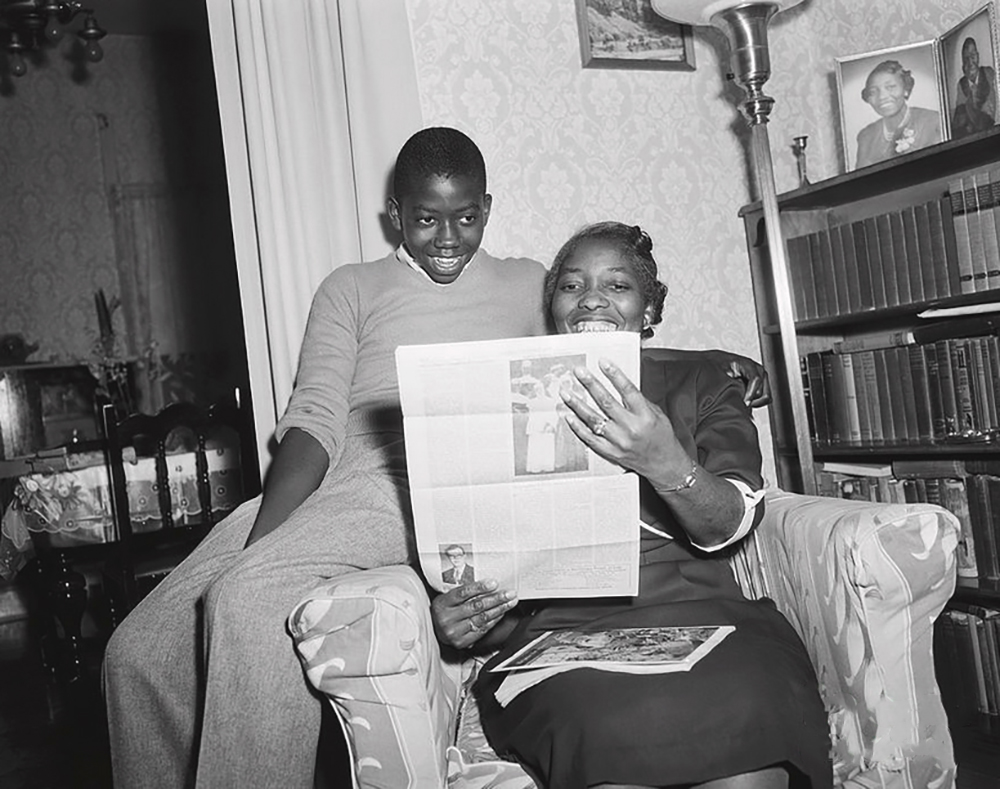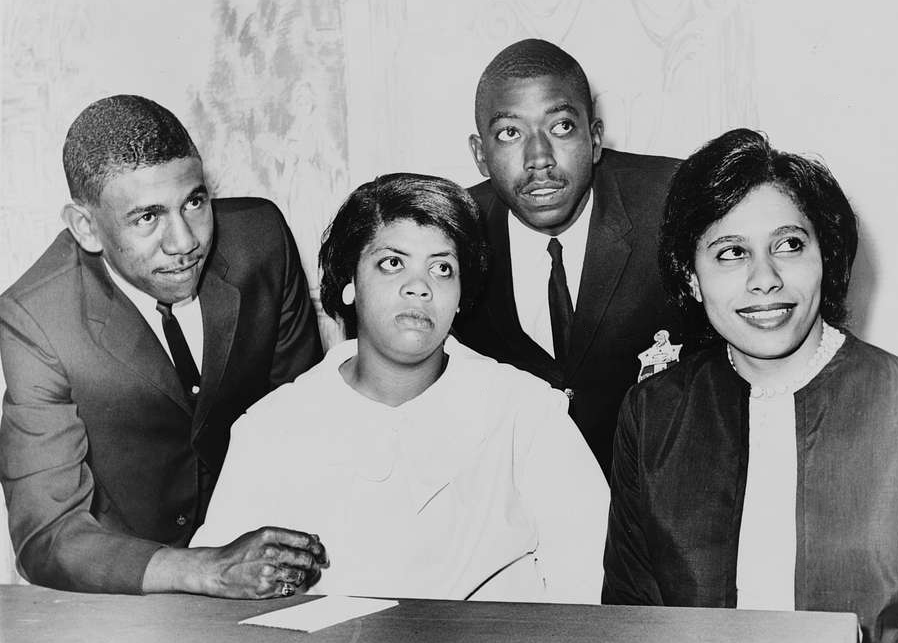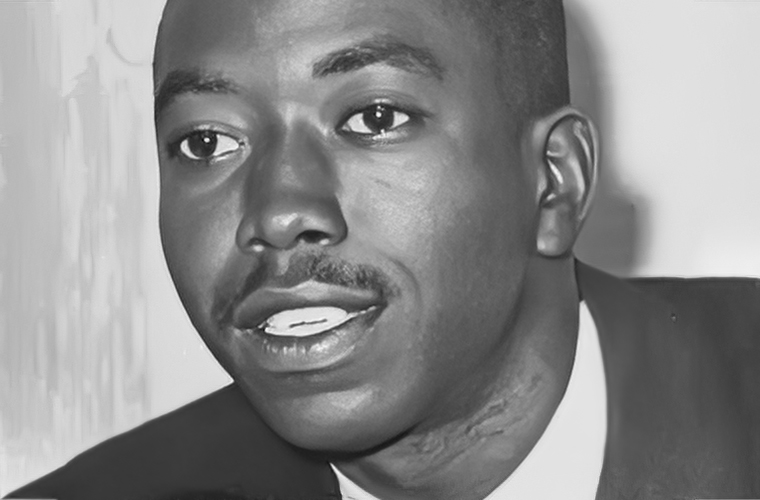Spottswood Bolling was a civil rights activist who played a significant role in the fight against racial segregation in the United States. He was the named plaintiff in the case Bolling v. Sharpe, which was decided by the United States Supreme Court in 1954. Bolling was born on November 28, 1911, in Washington, D.C. He attended segregated schools in the District of Columbia and later graduated from Howard University in 1935. Bolling became involved in civil rights activism during his time at Howard and continued his advocacy work throughout his life.

In 1951, Bolling became a plaintiff in a lawsuit challenging the segregation of schools in Washington, D.C. The case, known as Bolling v. Sharpe, argued that the “separate but equal” doctrine violated the Due Process Clause of the Fifth Amendment. Bolling and other African American students contended that the segregated school system in the nation’s capital denied them equal protection under the law.
In the landmark decision of Bolling v. Sharpe, the Supreme Court ruled unanimously that segregation in public schools in Washington, D.C., was unconstitutional under the Due Process Clause of the Fifth Amendment. The Court found that the segregation of schools by the federal government violated the students’ rights to equal protection. This decision established that the federal government, like the states, could not engage in racial segregation.

Spottswood Bolling’s involvement in the case contributed to the legal precedent set by Bolling v. Sharpe, which played a significant role in the larger movement to desegregate schools across the United States. His activism and participation in the landmark case helped advance the cause of civil rights and equal educational opportunities for African American students.

